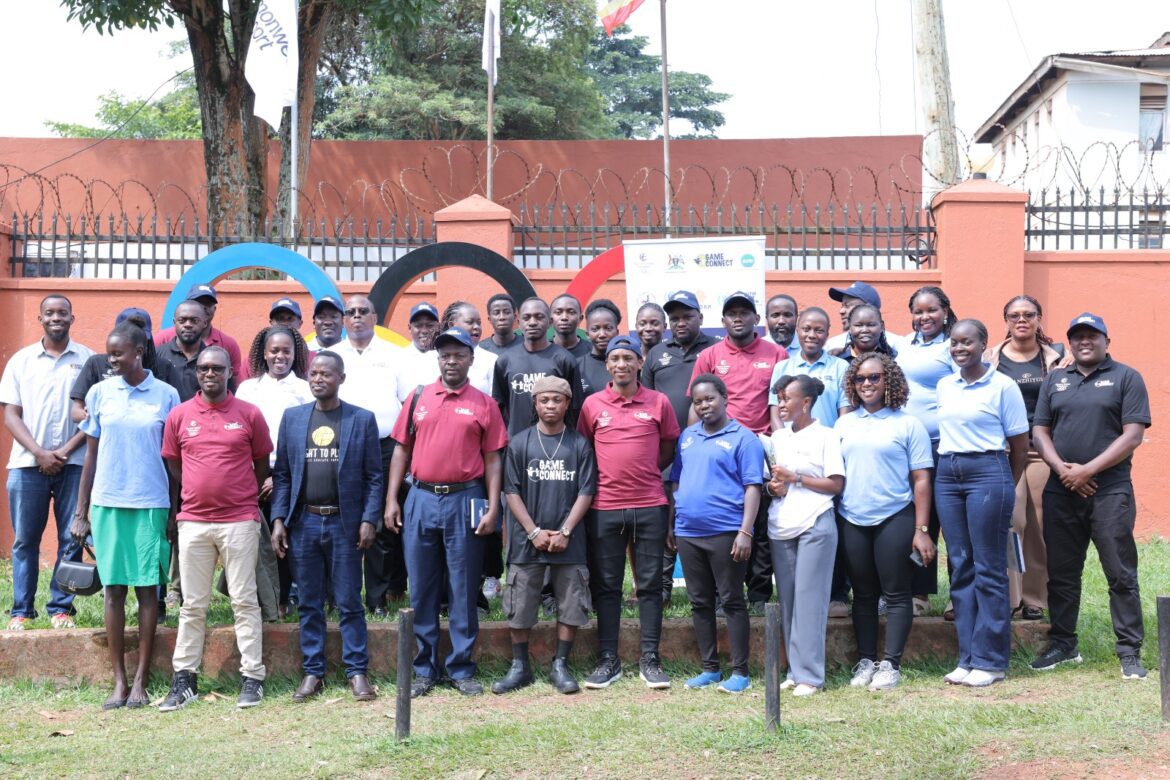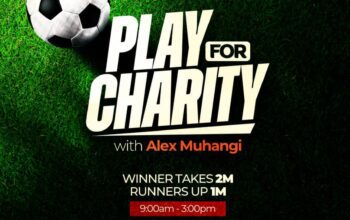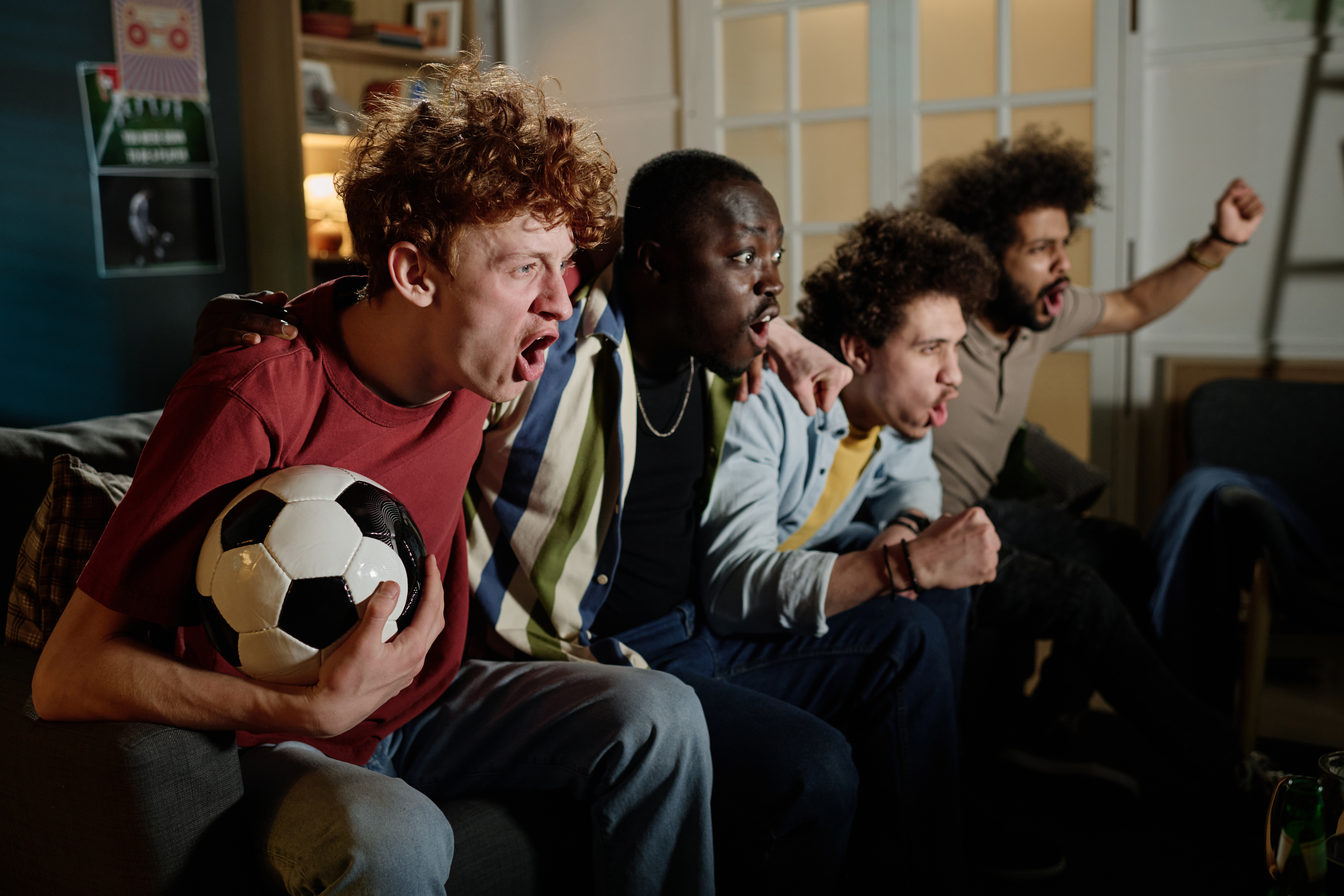By Correspondent
The Connect Media Clinic was held to build strong reporting on the role of sports in improving mental health.
As a tool for Uganda Olympics Committee and AVSI to reach the viral community in the appeal to sensitize on mental health problems, sports personnel from media houses took part in the engagement.
The Clinic took place on Friday, July 11, at Uganda Olympics Committee following proven tests finding Game Connect as a successful project at 92%, effectively maintaining youth involvement.
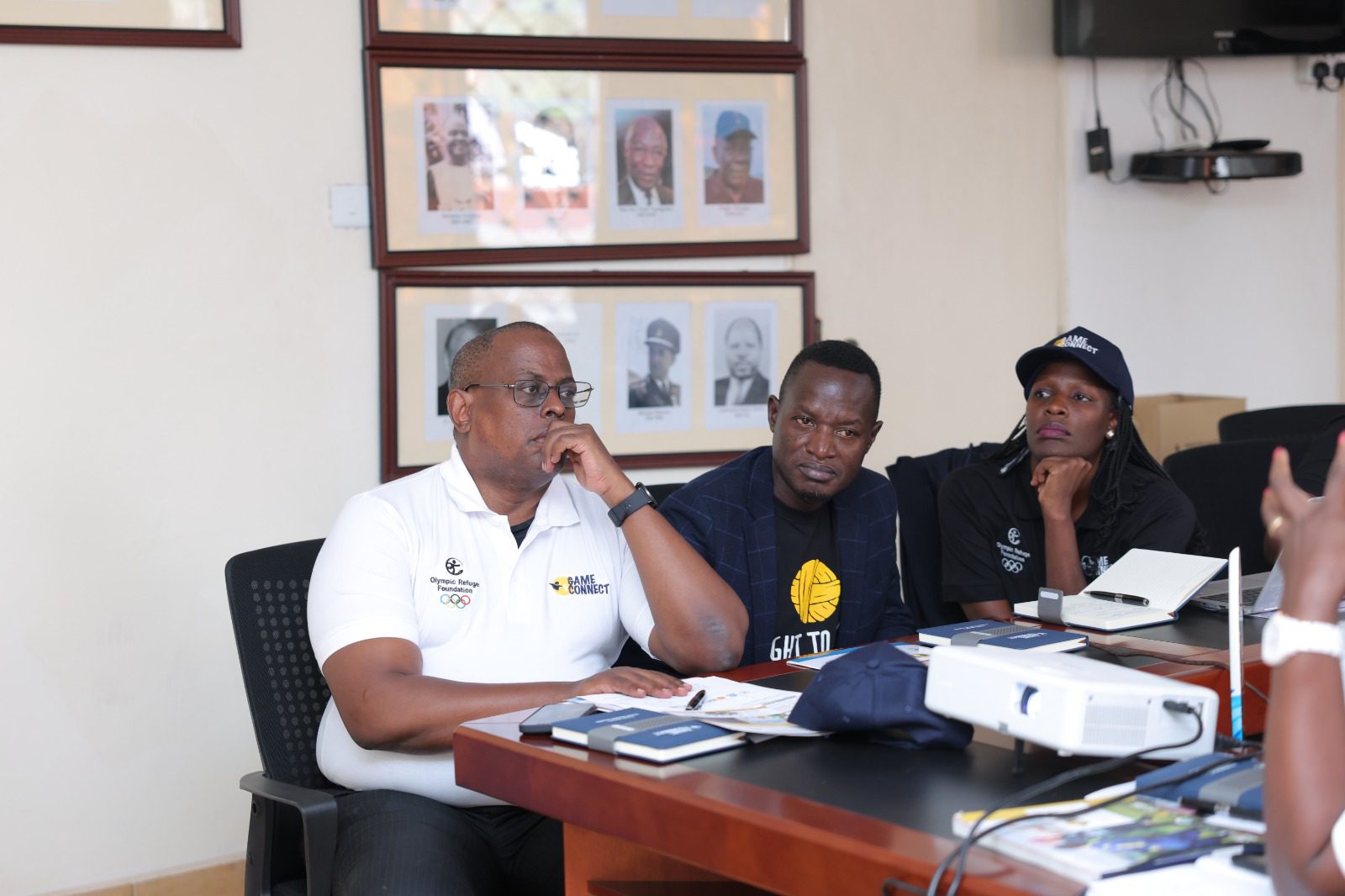
Uganda Olympics Committee President Dr. Donald Rukare spoke to the media and stated, “We started the project with the support of the Olympics Refugee Foundation and later the German Government. You know Uganda is playing host to 1.7 refugees in different settlements.
The project aimed at having a new concept of using sports to deal with issues of Social protection, Mental health, and social support.
The project has been successful in overcoming issues of anxiety and depression. We have been in areas like Kyangwali and others handling settlements and host communities,” Rukare revealed.
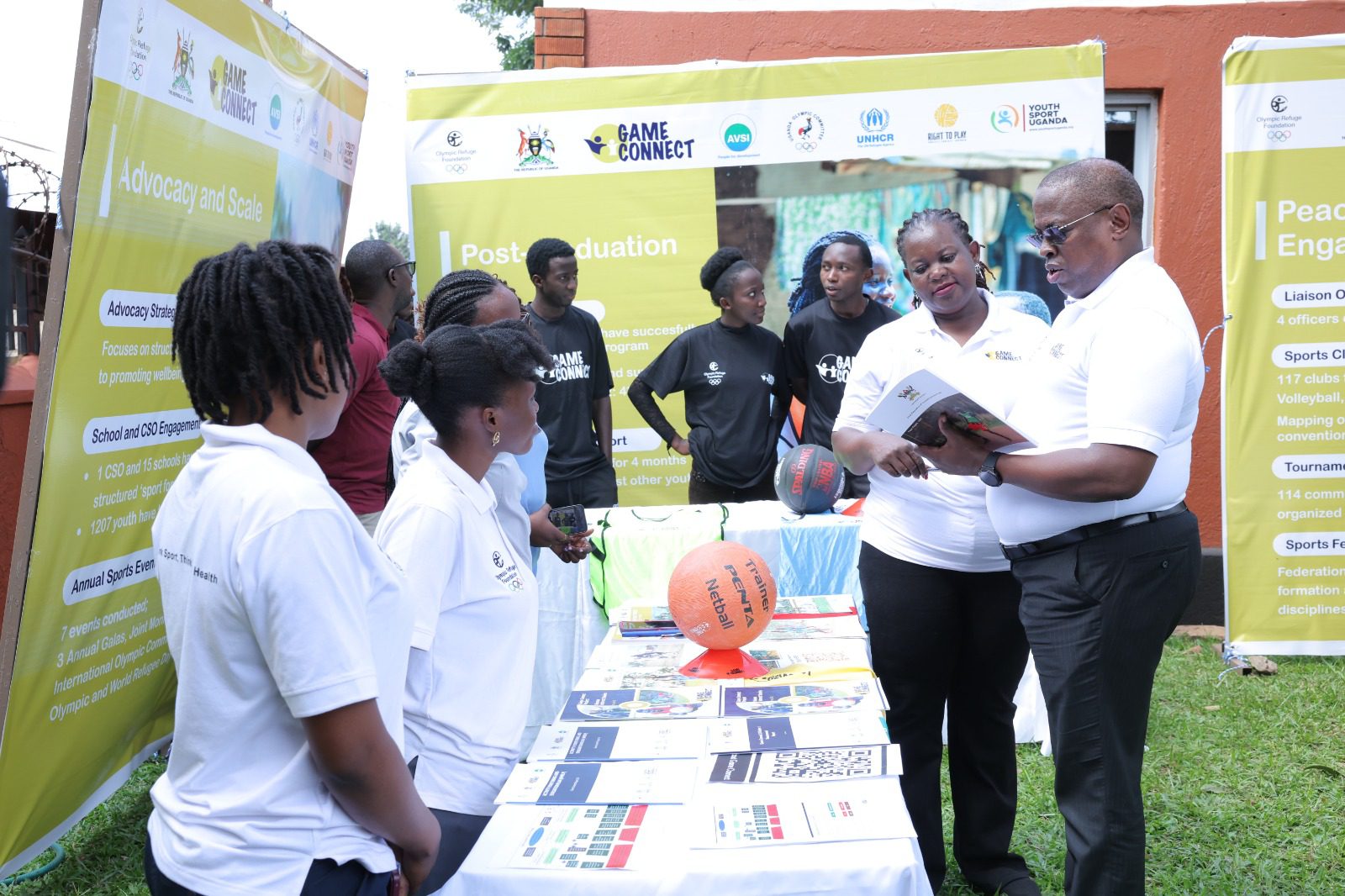
The Project, which targets youths between 10 and 24 years of age, has successfully engaged 19,365 youths participated in bi-weekly sessions, with a notable participation of 11,271 refugees and 8,094 host community members.
The engagements continue training youths on ending peer group violence and financial management sensitivity, with the aim of creating well-being communities globally.
Through sports, a total of 117 clubs have been established, and series of tournaments have been organized in disciplines like Football, Netball, Volleyball, Basketball, and Taekwondo.
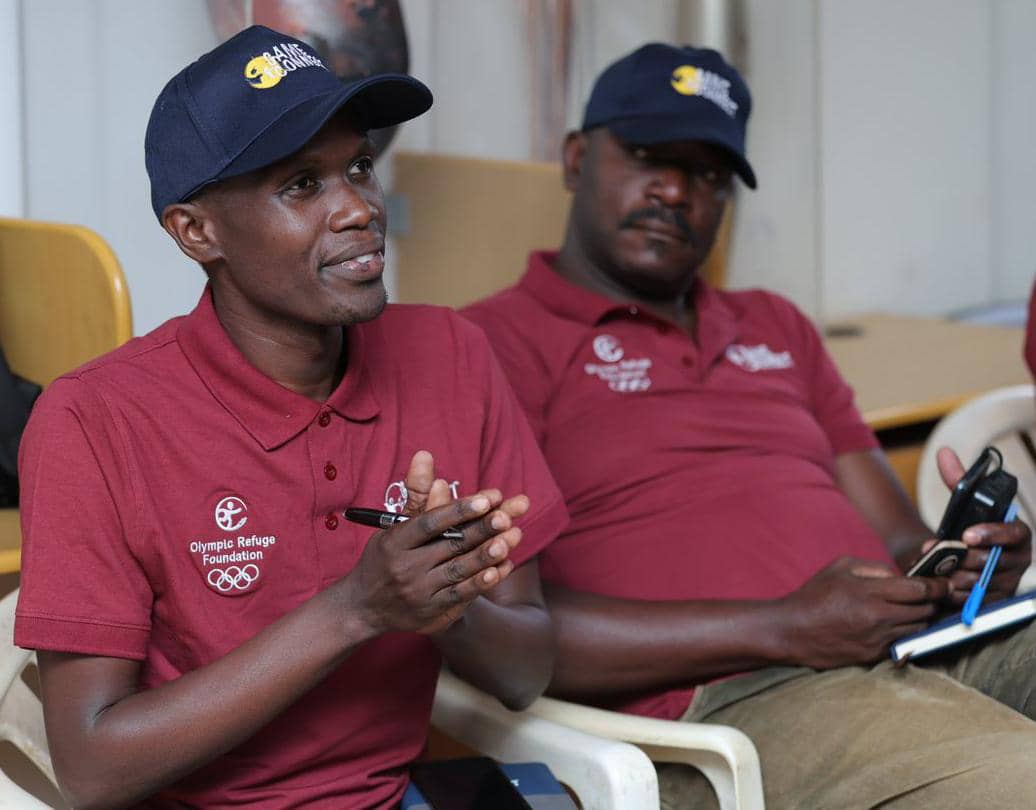
With the engagement of sports federations, schools, and civil society organizations, 114 community events, including three annual sports tournaments, were organized successfully, fostering community spirit and healthy competitions.
After different engagements, a comprehensive monitoring and evaluation plan has been developed, incorporating Theory of Change, Logical Framework, and various evaluation methods.
Here are the Key Outcomes:
The project has achieved significant results, including:
75% of youth demonstrating improved psychosocial and mental resilience (up from 0%)
96% of youth exhibiting adequate psychosocial well-being (up from 0%).
99% classified as non-depressed (up from 52%)
99% reporting no anxiety (up from 53%).
51% expressing a good sense of belonging (up from 8%)
90% having someone to turn to for support (up from 77%).
88% receiving support from someone outside their family (up from 75%).
83% of youth having assisted someone outside their family (up from 75%).
83% of youth having assisted someone outside their household (up from 43%).



